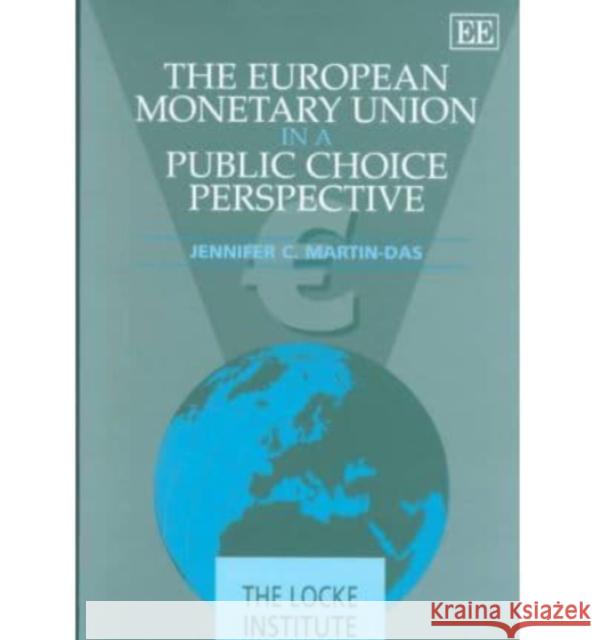The European Monetary Union in a Public Choice Perspective » książka
The European Monetary Union in a Public Choice Perspective
ISBN-13: 9781840645613 / Angielski / Twarda / 2002 / 336 str.
The future of European Monetary Union (EMU) stands as one of the most important economic issues of the era. The author argues that in the event of macroeconomic shocks, rather than acting as a cohesive force, EMU could give rise to disunity. As EMU is not an optimal currency area, asymmetric shocks affecting each country differently could be critical to its future. The success of EMU depends upon the ability of institutions in the EU to satisfy the monetary and fiscal policy demands of sufficient numbers of national constituents, interest groups and multinational corporations. This book employs principles from Public Choice to analyze the EU institutions that participate in the monetary policy making process of EMU and assesses whether they have the mechanisms to cope with asymmetric macroeconomic shocks. In particular, it examines the European Council, Council of Ministers, European Commission, European Parliament and the European Central Bank.











